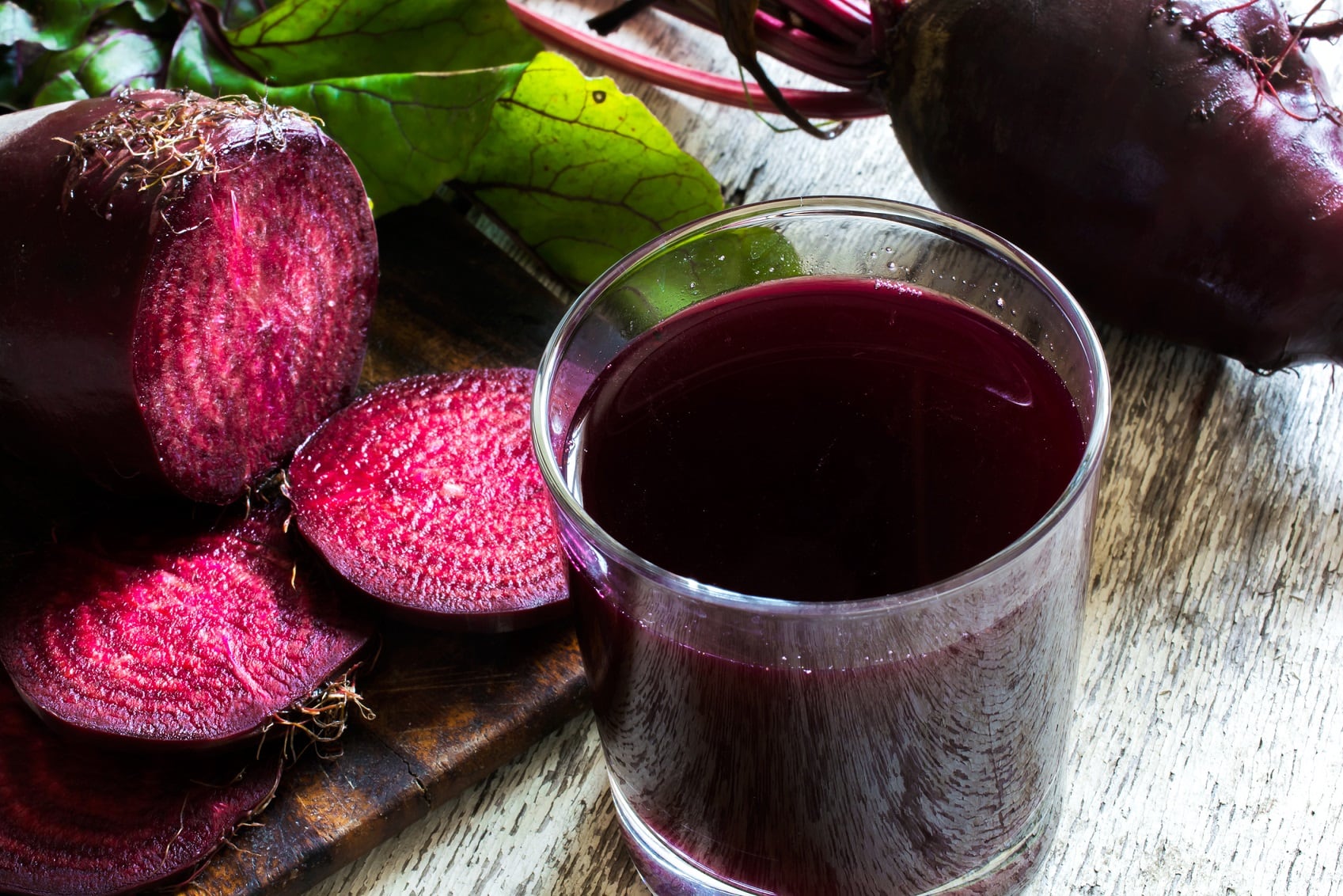The potential oral health benefits of beetroot juice are linked to their ability to neutralize the decreases in salivary pH after consuming carbohydrate supplements and exercise-induced dehydration, report scientists from the University of the West of Scotland.
“A single dose of NO3- rich beetroot juice increased salivary pH for several hours following ingestion,” they wrote in PLoS ONE. “This suppressed the acidification of saliva that followed ingestion of carbohydrate-rich supplements before and after a sustained period of exercise which resulted in mild dehydration.
“For athletes who regularly consume carbohydrate and are exposed to high training loads, ingestion of NO3- may provide a practical and effective method to protect their oral health whilst maintaining training volume and intensity.”
Study details
The Scotland-based researchers recruited 11 trained male runners with an average age of 30 to participate in their randomized placebo-controlled study. The study was composed of separate trials whereby the runners drank different fluids one hour prior to carbohydrate ingestion (Powerade) before, during and after a 90-minute treadmill run designed to cause mild dehydration: (1) 140 ml of water, (2) 140 ml of NO3- rich beetroot juice (providing about 12.4 mmol of nitrate) or (3) 140 ml of a nitrate-depleted beetroot juice. A fourth trial also consumed 140 ml of water prior to the exercise but used water before, during, and after the run instead of the Powerade.
Results showed that, as expected, nitrite (NO2-) and nitrate (NO3-) levels were higher after the NO3- rich beetroot juice trial in both plasma and saliva, compared to the other trials.
Compared to the water-only trial, pH of the saliva was more acidic (lower pH) in both groups (1) and (3). In contrast, salivary-pH before and after the water-only trial and the NO3- rich beetroot juice trial were similar, despite the runners consuming Powerade during the NO3- trial, said the researchers.
“NO3- should be considered by athletes as a novel nutritional strategy to reduce the risk of developing acidity related oral health conditions,” they concluded.
Beetroot
The study adds to a growing body of science supporting the potential cardiovascular benefits of beetroot juice, linked to the nitrate content.
Until relatively recently nitrate – which is abundant in green leafy vegetables – had been considered merely as an inert end product of nitric oxide (NO) metabolism or as a potentially toxic constituent in our diet.
However, the last decade has brought understanding of its importance in biological processes, including regulation of blood flow, blood pressure, cellular signaling, glucose homeostasis, and tissue responses to low oxygen levels (hypoxia). In addition, epidemiological studies have linked the intake of green leafy vegetables to a reduction in the risk of cardiovascular disease.
Source: PLoS ONE
15(12): e0243755. doi: 10.1371/journal.pone.0243755
“Nitrate-rich beetroot juice offsets salivary acidity following carbohydrate ingestion before and after endurance exercise in healthy male runners”
Authors: M.C. Burleigh, et al.


